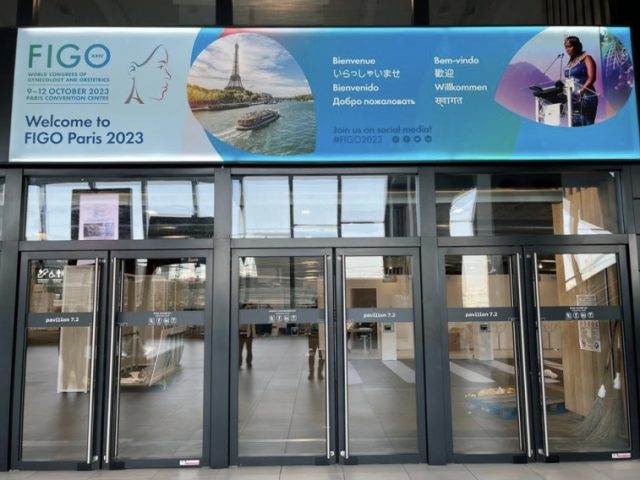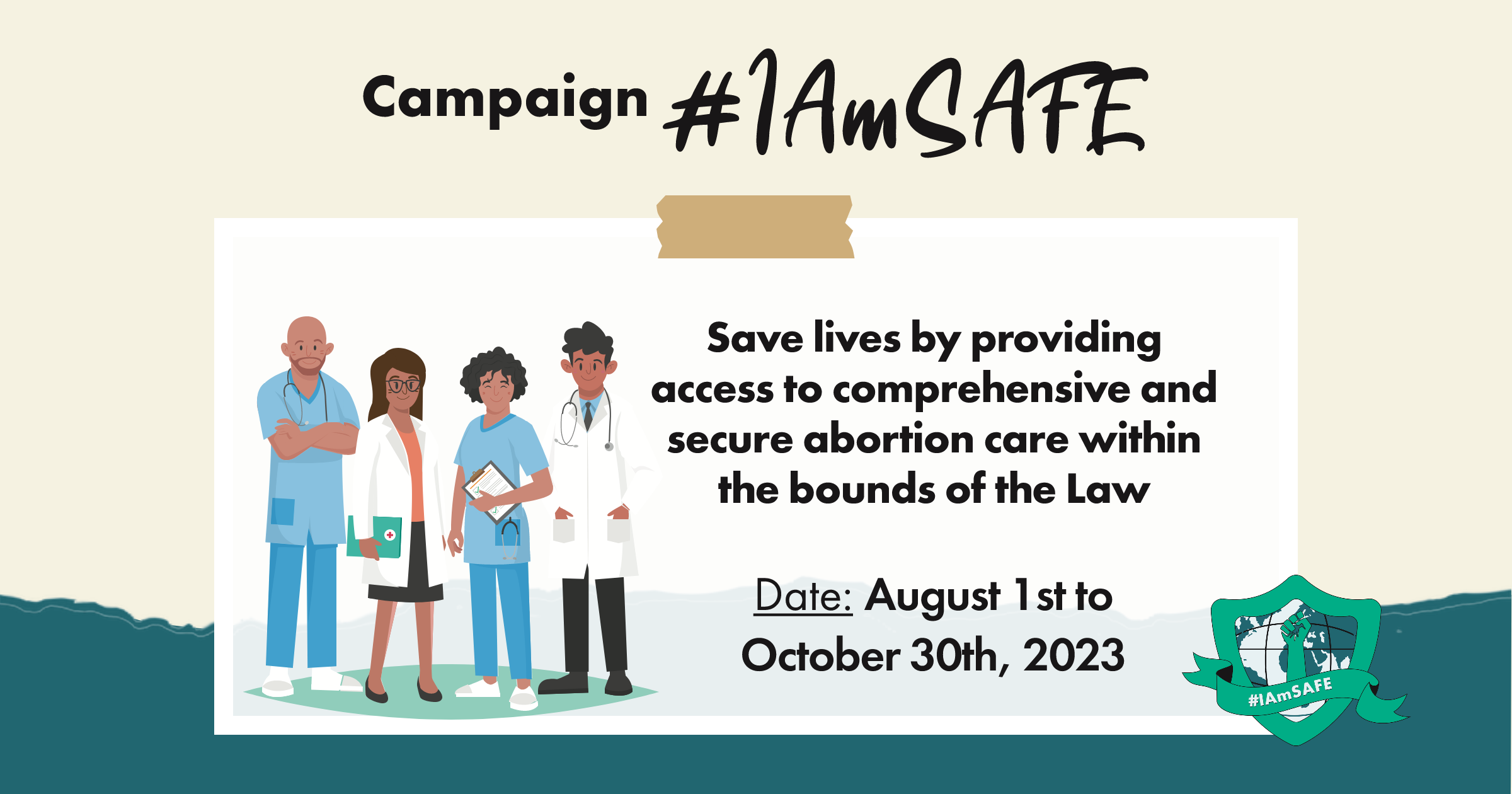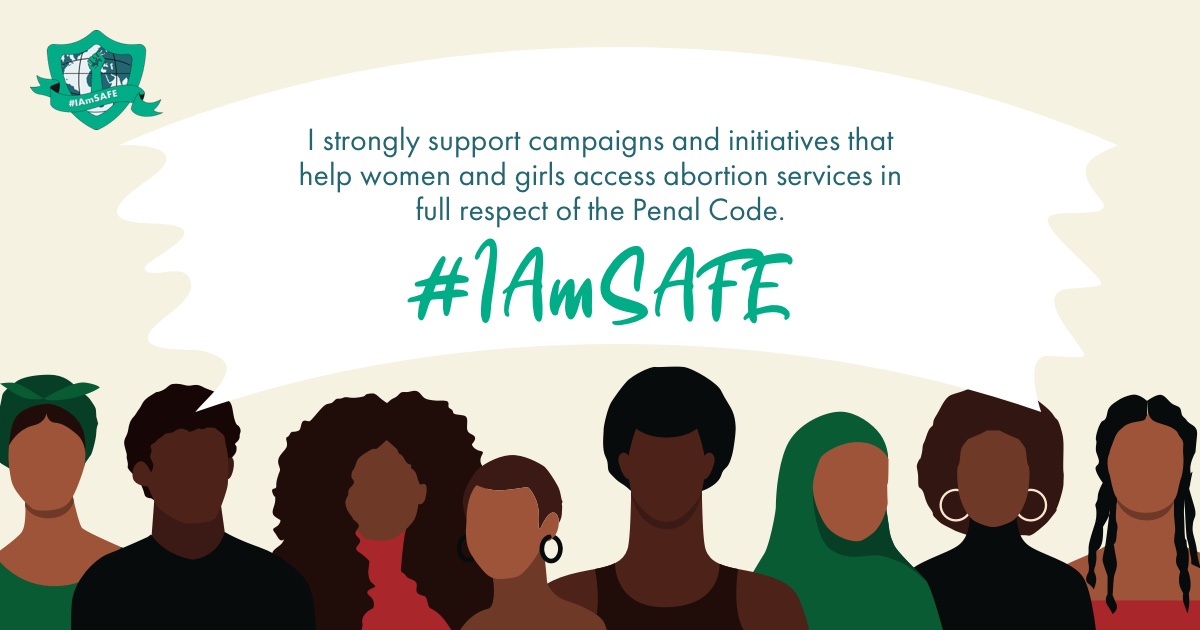Medical abortion at home has become a routine approach for early pregnancy terminations across the world over the past decade. Of an estimated 15.6 million abortions carried out in India in 2015, for example, 73% were medical abortion that occurred outside of health facilities.[i] A study in Cambodia in 2012 found that 49% of respondents who had an abortion in the previous 12 months had had a medical abortion – a figure that was up from 26% in 2010.[ii]
However, estimates suggest that one in ten medical products in low- and middle-income countries are falsified or substandard.[iii] This includes medical products essential to reproductive health like mifepristone and misoprostol. In some settings, abortifacient drugs are badly affected by substandard manufacturing practices, and poor transport and storage.
Both mifepristone and misoprostol tablets usually carry a 2-year shelf life. For the drugs to be effective at the time of consumption, the active ingredient in each tablet must be 90–110% of the labelled content (LC). A study that assessed 215 samples of misoprostol from 15 countries found only 119 (55%) contained 90–110% of the LC (200μg) of misoprostol. 85 (40%) were below 90% of the LC, of which 14 samples contained no misoprostol at all. 50 of the 215 samples used plastic-aluminium packaging, while 165 were in aluminium-aluminium packaging. 78% of the plastic-aluminium-packed samples did not meet the required specifications, compared with 35% of the aluminium-aluminium-packed samples.[iv]
FIGO position on the issue
FIGO puts the health and safety of women and girls at the heart of its work. Substandard abortifacient drugs increase the risk of failure of medical abortions, putting at risk women and girls who use the products, providers who prescribe them, and policies that look to promote and provide safe and effective medical abortion.
It is vital that governments, providers, procurers and international agencies define or identify the appropriate quality assurance mechanism they will adhere to and limit their procurement and distribution of abortifacients drugs to only those that meet these standards. For example, those drugs that have been approved by the World Health Organization (WHO) through its WHO Prequalification Programme, authorised for use by a stringent regulatory agency,[v] or that have UNFPA Expert Review Panel 2 status.[vi]
FIGO stresses the responsibilities for the relevant agencies to safeguard the quality, reliability and accessibility of the processes that grant a given status.
FIGO recommendations
FIGO stresses the need for – and the importance of – storing, transporting, prescribing and dispensing abortifacient drugs within the parameters specified by the manufacturers and relevant clinical guidelines. FIGO recommends that misoprostol products (and combi-packs) be packaged in double-aluminium blister packs to allow for adequate procurement and dispensing, unless there are facilities with supply chains that will ensure proper temperature and storage conditions.
FIGO recommends that every government, health authority, national procurement agency and international agency has a demonstrable system in place to have samples of abortifacient drugs tested at all points of their supply chains up to dispensing. Such testing must include an assay, and wherever possible also include tests for water content, degradation products and related substances. All tests should be carried out at reputable laboratories that maintain high-quality standards.
FIGO commitments
FIGO will:
- publish and disseminate a comprehensive white paper on abortifacient quality
- through additional research, enable all end users to determine abortifacient quality and therefore ensure effective harm reduction strategies
- publish and share information for women, girls and providers on how to identify quality abortifacient products.
References
[i] Singh S, Shekhar C, Acharya R, et al. The incidence of abortion and unintended pregnancy in India, 2015. Lancet Glob Health. 2018;6(1):e111–e120.
[ii] Sotheary K, Long D, Mundy G, Madan Y, Blumenthal PD. Abortion choices among women in Cambodia after introduction of a socially marketed medicated abortion product. Int J Gynecol Obstet. 2017;136(2):205–209.
[iii] World Health Organization (WHO). Substandard and Falsified Medical Products. 2018. www.who.int/en/news-room/factsheets/detail/substandard-and-falsified-medical-products
[iv] Hall PE, Tagontong N. Quality of medicines: Quality of Misoprostol products. WHO Drug Information. 2016;30(1);35–39.
[v] WHO. List of Stringent Regulatory Authorities (SRAs). 2020. www.who.int/medicines/regulation/sras/en
[vi] UNFPA. Quality Assurance Policy for RH Medicines. 2012. www.unfpa.org/resources/reproductive-health-medicines

















